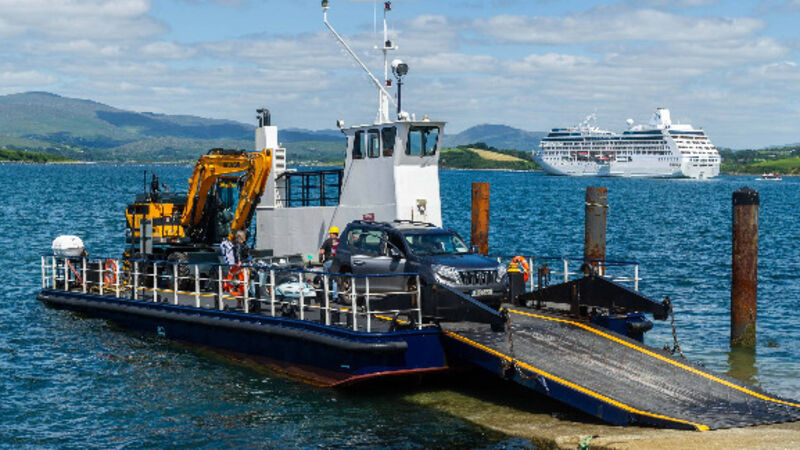Whiddy disaster 40th anniversary - Lessons of tragedy still not applied

Last October, we marked the centenary of Ireland’s worst maritime disaster, the First World War sinking of RMS Leinster, shortly after it sailed from Dún Laoghaire. A German submarine condemned 564 souls to watery graves.
The death toll from the world’s worst industrial accident, at Bhopal, in Madhya Pradesh, in December 1984, officially cost 3,787 lives, but local sources insist more than 16,000 lives were lost when the pesticide methyl isocyanate leaked from a Union Carbide plant.
















